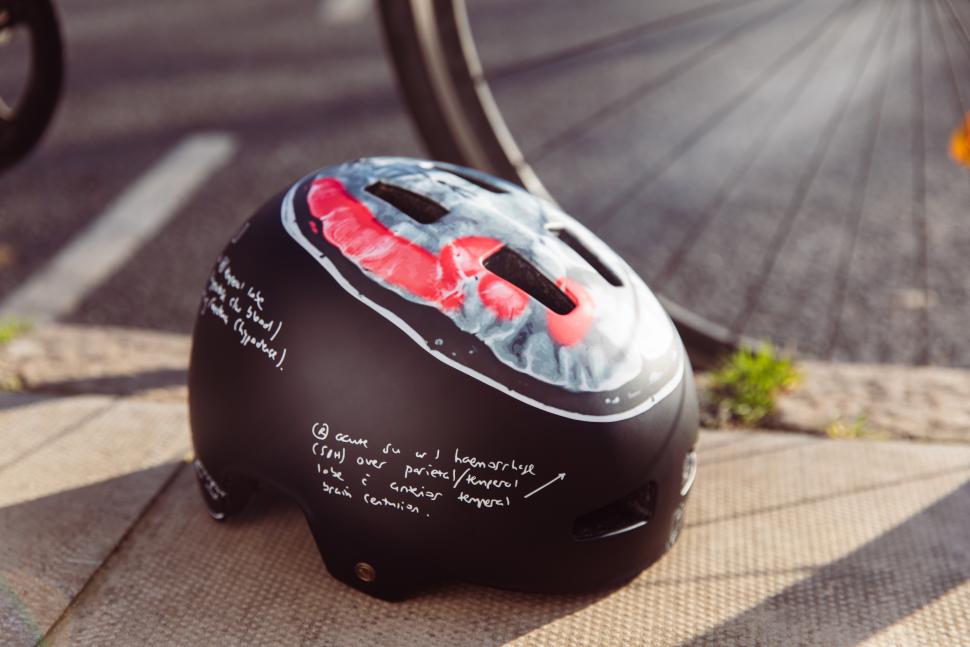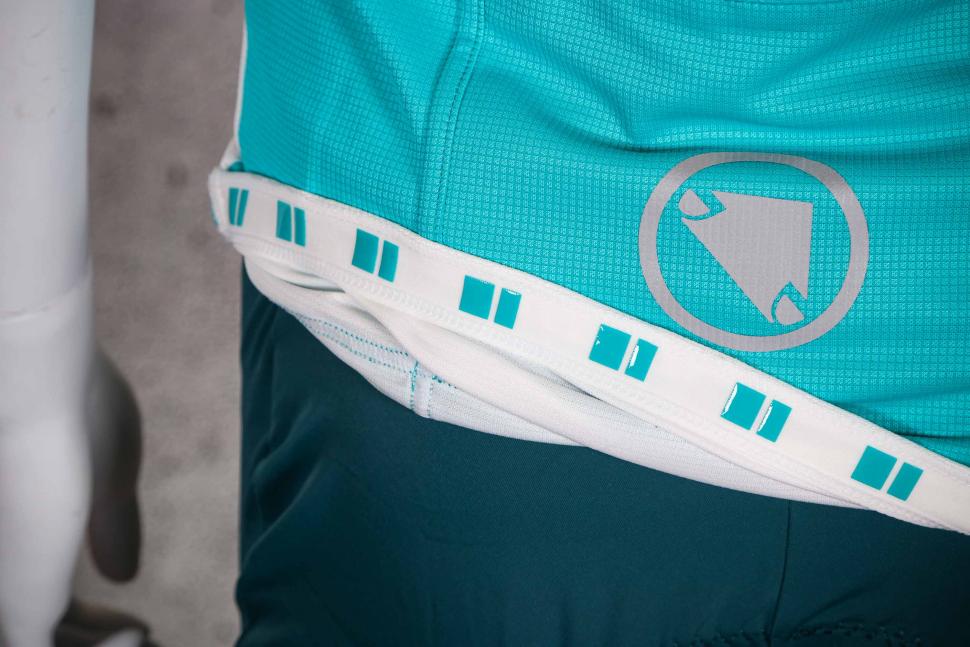After initially appearing to weather the storms which have engulfed the cycling industry in recent years, British cyclewear manufacturer Endura has revealed that it has spent its second consecutive year in the red – though the £4.7m loss posted this month by the Scottish brand represents significantly less damage than the huge £14m deficit recorded the previous year.
According to the Livingston-based company’s annual accounts, Endura suffered a £4,724,000 loss after tax in the 12 months leading up to February 2025, compared to the £13,840,000 loss recorded between January 2023 and February 2024.
The brand’s turnover, meanwhile, was £23.245m for the year, just shy of the £28.5m detailed in its 2024 accounts (though last year’s figures, it must be noted, included an extra four weeks). Gross profit, however, improved from £3.7m last year to £5.2m, still way down on the £18.8m recorded in 2022.
This run of losses comes after Endura recorded successive profits at the start of the 2020s, including £759,000 at the end of 2022 and £2.5m during the height of the Covid-19 pandemic.
The company’s net assets have also tumbled during that period from £16.685m at the end of 2022 to just £1.879m this year, even dropping from the £2.845m reported in 2024.
According to Andrew Long, the company director of the cycling clothing, helmets, and accessories brand, Endura’s second loss in succession is due to a “continuation from prior years of challenging market conditions within the UK and cycling industry as a whole”, while also factoring in the return to an annualised set of financial results, compared to the 57-week report from last year.
 Endura Project Heid (credit: road.cc)
Endura Project Heid (credit: road.cc)
Meanwhile, Endura’s parent company Pentland Group said in the report that they are confident that the Scottish brand “will have sufficient funds to continue to meet its liabilities” for the next 12 months.
Pentland Group, the majority shareholder of JD Sports and owner of Speedo and Berghaus, recorded its own post-tax profit over the same period of £481.3m, up from last year’s profit of £339.8m.
Following last year’s significant loss, Endura director Long said a “large reduction in sales”, particularly in the UK, had contributed to the company’s sudden downturn after years of success.
“Cycle related products remain the focus for Endura,” Long said at the time. “And we believe in the underlying benefits of cycling for transport, sport, and recreation, and have confidence that the merits of cycling will ensure that the global market for such products will remain robust long into the future.”
“We know that during the pandemic, many people bought their cycling kit and it’s taken a while for the wider market to catch up,” Endura’s senior vice president Noah Bernard also said last year, emphasising that the Scottish company remains “positive” for the future.
“Pentland Brands operates a portfolio of brands in a number of categories, and is committed to Endura and the exciting growth plans we have in key markets around the world like the US, UK and Germany.
“We’re also doubling down on mountain biking and gravel – which lie at the heart of the dirt lifestyle we are notorious for.”
Endura’s report for 2024/25 reflects a growing trend within the UK cycling industry, where companies are attempting to mitigate the worst effects of the crisis still impacting the industry while still recording losses.
Last month, we reported that major UK cycling retailer Sigma Sports, despite posting a £925,000 loss in 2024, reflected on a “positive year” for the business, especially considering bike sales across the industry hit their lowest level this century amid the cost-of-living crisis, rising inflation, and inventory woes.
The industry-wide outlook, of course, was actually worse than Sigma Sports’ accounts make out, the Bicycle Association having earlier this year revealed that bike sales plummeted to early 1970s levels in 2024. But the point stands – as we’ve heard from numerous retailers, manufacturers, and cycling-related businesses, it has been bleak out there in recent years.
Sigma Sports’ assessment of its most recent year of business also blamed many of the same factors cited by Endura and repeated across the industry (such as the cost-of-living crisis and inflation denting consumer confidence for expensive purchases such as new bikes), as well as the ongoing inventory woes that have plagued many brands since the Covid boom saw many overstock and then struggle to shift stock as things slowed down.
However, Sigma director Oliver Paul Lawson noted last month that while competitors such as Wiggle Chain Reaction had entered administration, “Sigma Sports has proven to be resilient”.
And, as with Endura and other UK brands, it’s that resilience which will be key over the coming 12 months.

